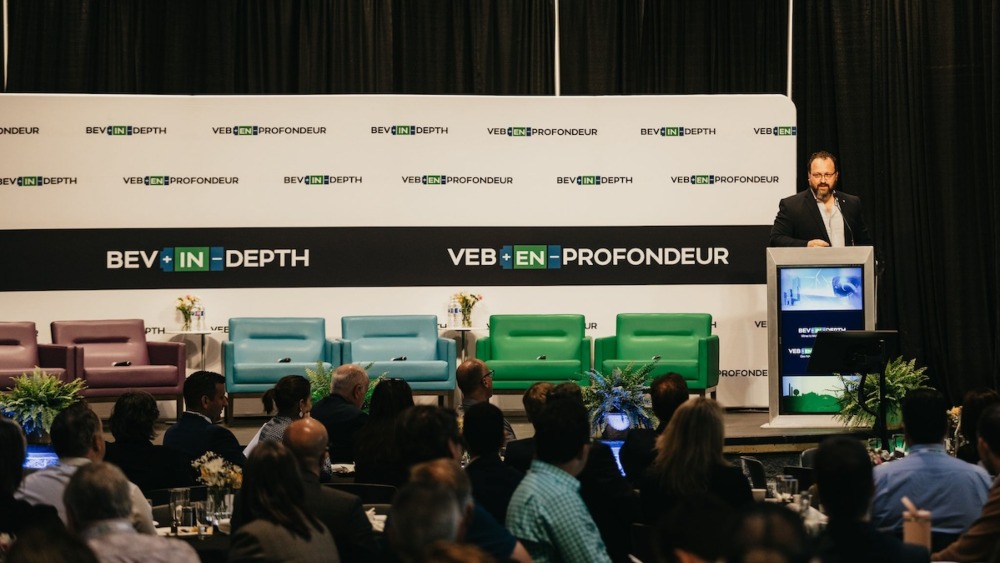The 2024 BEV-In-Depth: Mines to Mobility Conference held at Cambrian College in Sudbury, Ont., from May 29 to 30, saw industry stakeholders from automakers to mining companies come together to discuss the future of the EV industry and supply chain.
“[Supply chain] is everything,” said Nadia Mykytczuk, CEO and president of MIRARCO Mining Innovation and executive director of the Goodman School of Mines at Laurentian University, about, “the multiple steps along the way from getting the rocks and minerals out of the ground, processed into forms that can be put into batteries, building those batteries into cars that work and the whole transportation and electrification support system that has to go and making that possible.”
While the sector continues to develop, with new announcements happening every month, the key piece that was on everyone’s minds at the conference are the gaps in the supply chain, and creating links between north and south and east and west.
Partnerships play a crucial role
A major theme of the conference was partnerships.
Two exciting announcements were made during the conference, each showcasing dedication to the industry and filling gaps in the supply chain.
The morning of May 29, it was announced that Wyloo has entered into a Memorandum of Understanding (MOU) with the City of Greater Sudbury to secure a parcel of land to build a downstream battery materials processing facility. The new facility will fill a critical gap in Canada’s EV battery supply chain by establishing a mine-to-precursor cathode active material (pCAM) integrated solution.
“Canada has invested over $40 billion to date to establish the country as a global hub for the EV industry. While we commend this investment, it has exposed a significant gap in the North American EV supply chain, specifically, the conversion of ore to battery chemicals,” Wyloo Canada CEO, Kristan Straub, said. “The urgency to bolster North America’s capacity for processing metals — in particular, nickel — has never been more apparent. Our facility will be the missing piece that builds the capacity to process battery materials right here in Sudbury.”
Greater Sudbury was selected as the location for the facility due to its global leadership in the mining sector and forefront in the shift to clean technologies, as well as its commitment to Indigenous reconciliation with First Nations communities.
[More]




